Why our Brian Tarran believes that open-world games are no match for designer-led experiences.
Here’s two words in gaming that I’m sick of hearing: ‘open world’. According to the back of every video game box that lists it as a bullet point, open world means the freedom to roam; to pick your own path; to shape your adventure as you see fit. But that’s not my experience of ‘open world’. What I get instead is a continuous trudge from one highlighted point of moderate interest to another – typically on the other side of the map – interspersed with random enemy encounters and the odd spattering of quest givers, who’ll usually want to send you back the way you just came.
I’d probably be more forgiving of open world games if they were fewer and farther between. But they’re ten a penny. They’re the latest must-have addition to all the video game series that you previously loved. It’s like someone high up in the industry figured out that the best way to get people to hold on to their games, and reduce the number of trade-ins, would be to trap gamers in a world of never-ending yet strangely compulsive tedium. I think that’s what publishers mean when they say “deep immersive experiences”, because that’s sure as hell what it feels like to me.
I’ll admit: I’m bitter. I was burned recently. I spent ages explaining to all my non-gaming friends how Grand Theft Auto V was the future of entertainment – and not just the ‘interactive’ kind – after the first several hours of expertly interwoven character-driven narrative. Then it all fell apart and I was left chasing coloured letters and dots, and side quest icons, from one side of the map to the other, and back again.

I probably shouldn’t have expected anything different. It’s what all the GTAs have demanded of players since GTA III established the template. The real problem is, everyone else has decided to copy that template without evolving it; games like Just Cause, Assassin’s Creed, inFAMOUS, Prototype, Mercenaries, The Saboteur, and Saints Row.
More disappointing are those games that started off as something else, and decided to go ‘open world’ for their sequels. Here, I’m thinking of Batman: Arkham City and, lamentably, The Witcher 3. The latter isn’t out yet so it’s presumptuous to pre-judge, but all the previews I’ve read draw parallels with Skyrim, which I have played and which suffered from the same problems that I believe afflict all open world games: Too much to do, none of it particularly interesting.
“But we’re giving you the freedom to choose,” developers like to say. “It’s up to you to pick the bits you like and ignore the rest. You’re in charge.”
So here’s the rub. What if I don’t want to be in charge? What if I want you, the expert – the professional games designer – to craft that experience for me; to lead me through your game and your story in a way that maximises my enjoyment while minimising the amount of effort I have to put in? Perhaps I’m just getting old, but I don’t want to go in search of entertainment. I don’t want to have to make my own fun.
Yes, I buy games to have an interactive experience. And the freedom to choose is what separates interactive entertainment from the non-interactive kind. But too much choice can be a very bad thing. A series of psychological studies, popularised in the book ‘The Paradox of Choice’, reveals how the human ability to choose, and to be satisfied with our choices, declines as the number of variables we have to pick from increases.
This is certainly true of my experiences with open world games. In Skyrim, for example, I moved from town to town collecting quests – never sure of which to pursue, of which would yield the best loot. Story threads were picked up and lost. After 40 hours or so, I abandoned the game. Did I get my money’s worth? Sure. £1 per hour of playtime is pretty reasonable, given the amount of development resource that went into the game. But as an experience? I was left unsatisfied. Did I see all the game had to offer? Did I even play through its best bits?

Now, compare that to my recent experience with The Witcher 2. I put 20-odd hours into that over the Christmas break and as the credits rolled, I left sated. I loved it, for many of the same reasons that CaR’s Joshua Garrity cites in his review (http://caneandrinse.com/the-
The Witcher 2 is most definitely not an open world game. It’s a fairly linear experience with branching narrative paths, and it’s all the stronger for it. Though it boasts eight different endings (each of which is shaped by the choices the player makes), it’s really only the story details that vary. The overall outcome remains the same, whichever ending you get.
In this respect, the game really only offers the illusion of choice. Your decisions mean little in the grand scheme of things. This could be read as a criticism, but it’s not. Instead, the strength of The Witcher 2’s narrative is an argument for why choice should be limited in games. If designers want to craft effective narrative beats or set-piece examples of game mechanics, they need to exercise some control over the player; to funnel them this way or that, or to focus their attention at crucial moments.
Thankfully, some designers appreciate this. I’ll admit to being disheartened when I heard that Castlevania: Lords of Shadow 2 was going open world. I enjoyed the first game in the series. It felt epic and cinematic, to the extent that even camera control was wrested away from players. But there’s reason to be hopeful that all is not lost with the sequel. In an interview with Eurogamer (http://www.eurogamer.net/
Cox has hit the nail on the head. It is a trade-off. There needs to be limits to the freedom afforded to players in order to strengthen the narrative experience. Games have the potential to be the most involving and engaging of all the storytelling media, but only if developers recognise the importance of imposing constraints – of guiding the player through an experience in ways both equal to and surpassing what’s possible in TV, film and books.
The real risk is that developers continue to fetishise ‘choice’, as if the freedom to do what we want within a game world, and to shape the outcome as we see fit, is an ultimately superior experience – one to be pursued and indulged in wherever possible. Choices have consequences, and not all of them are to be welcome.




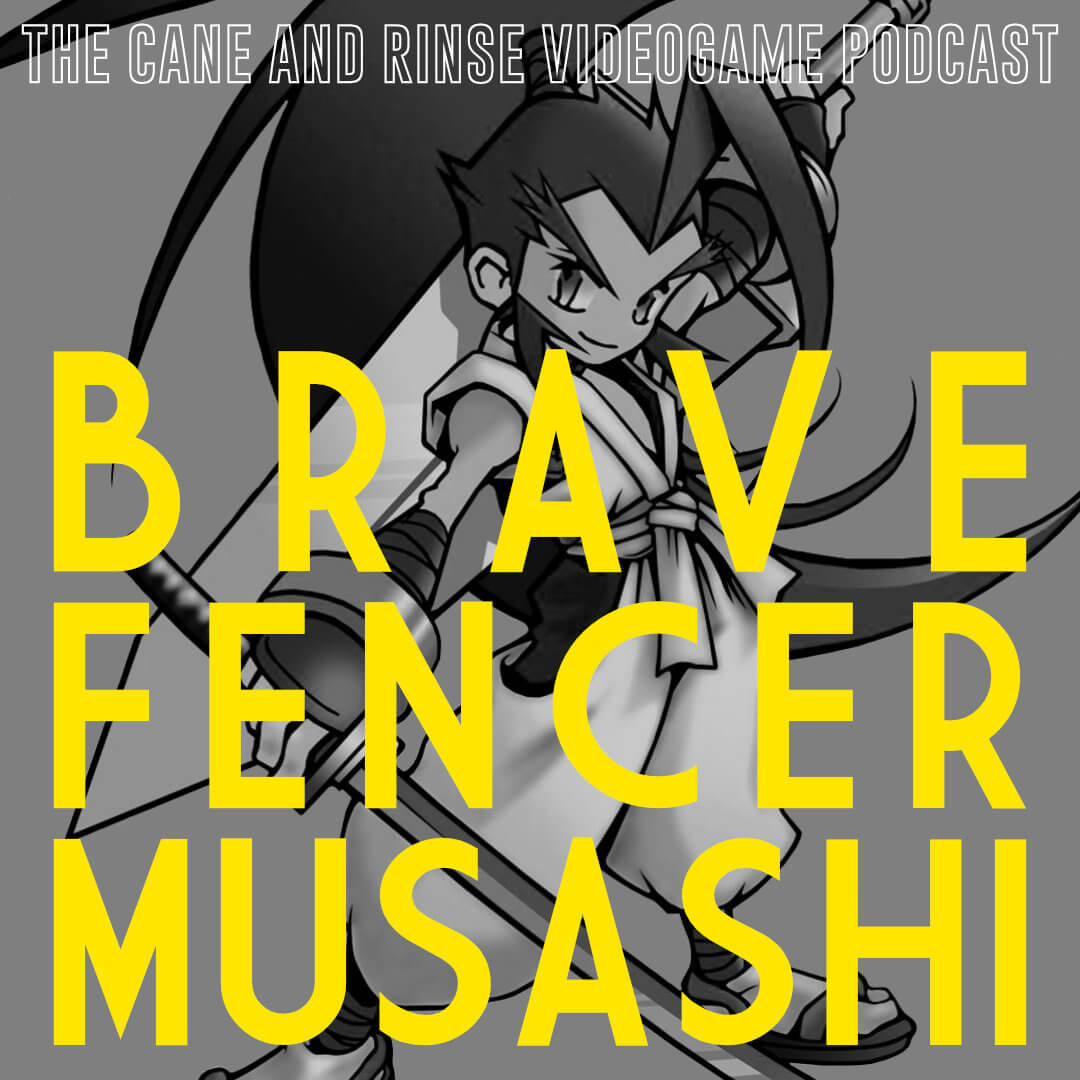
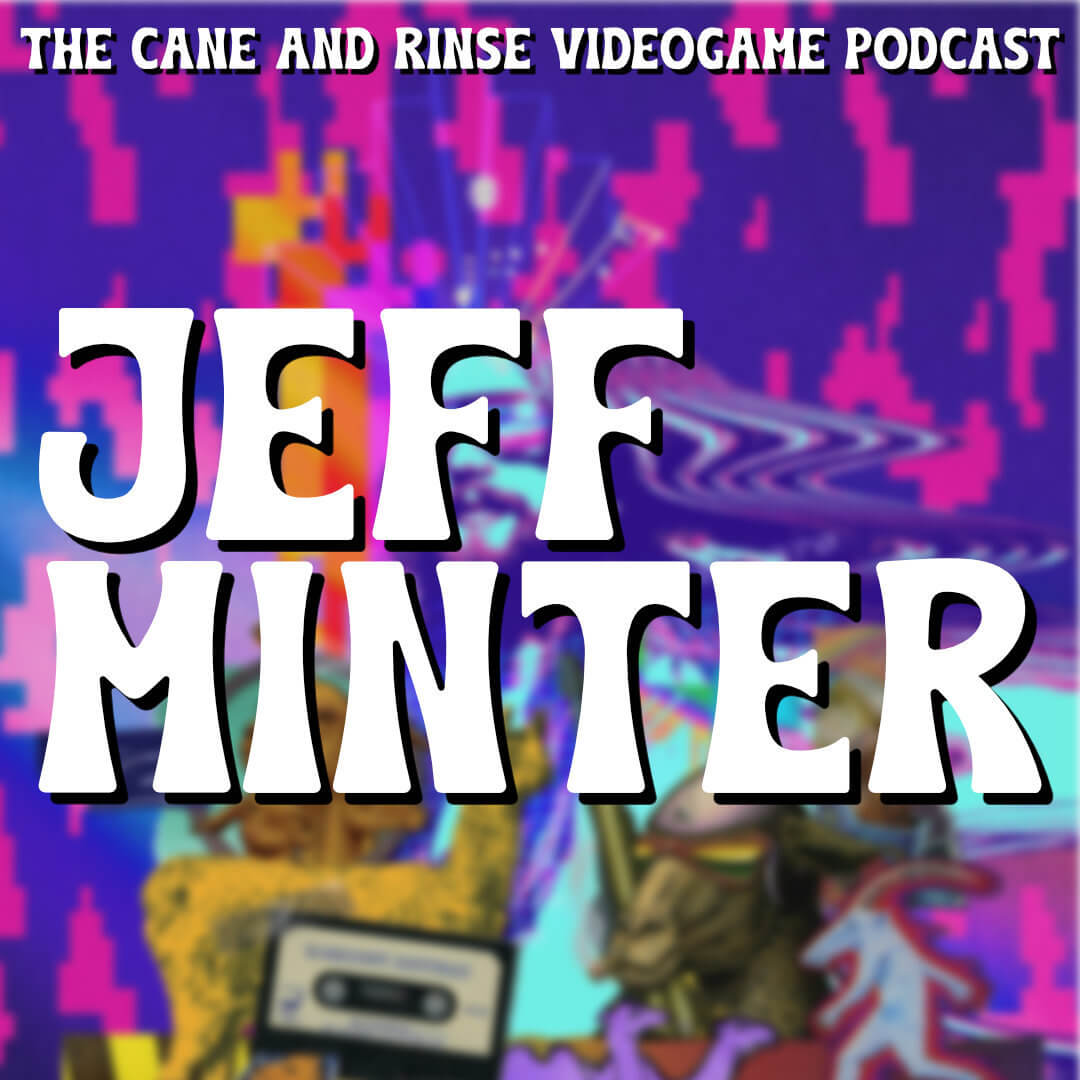
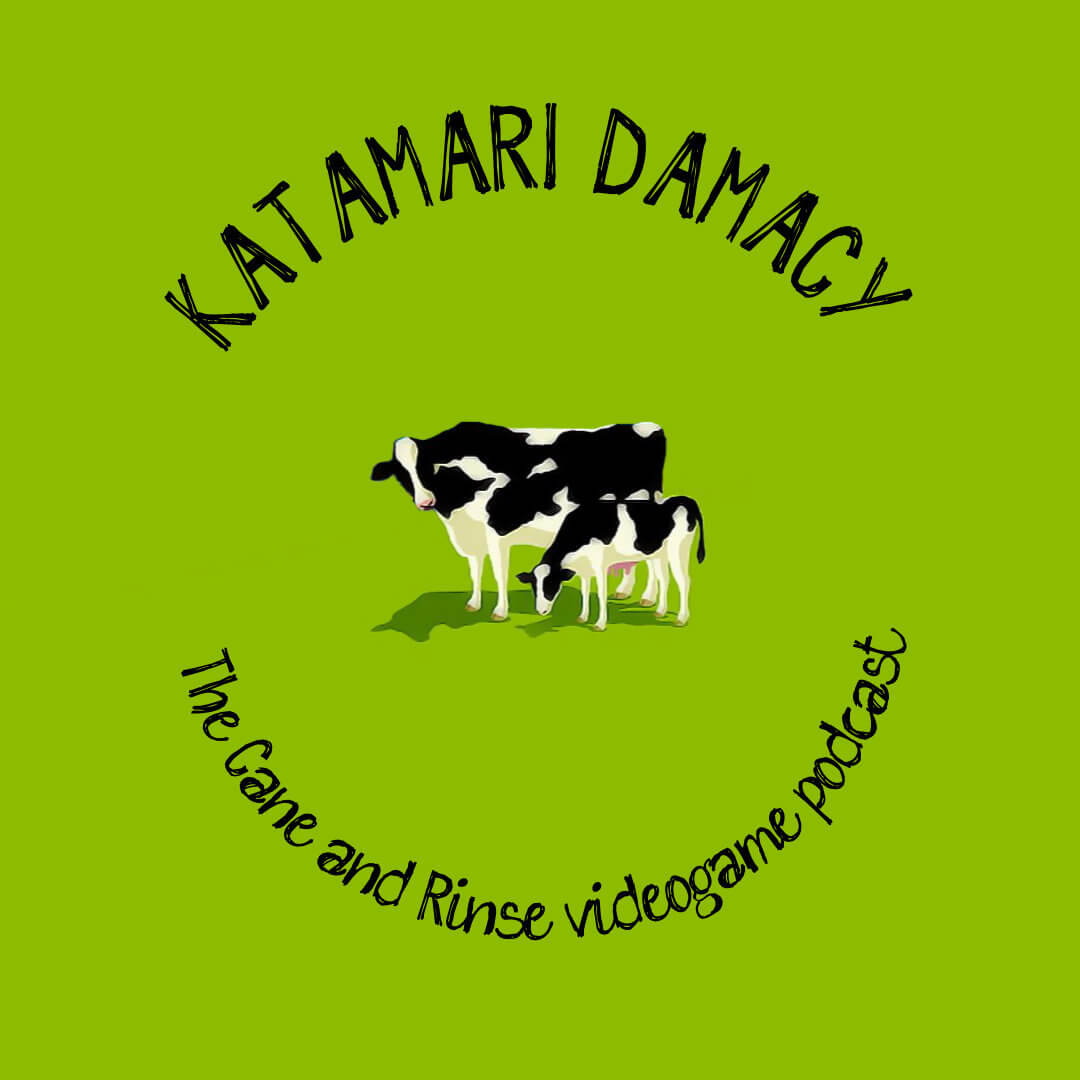


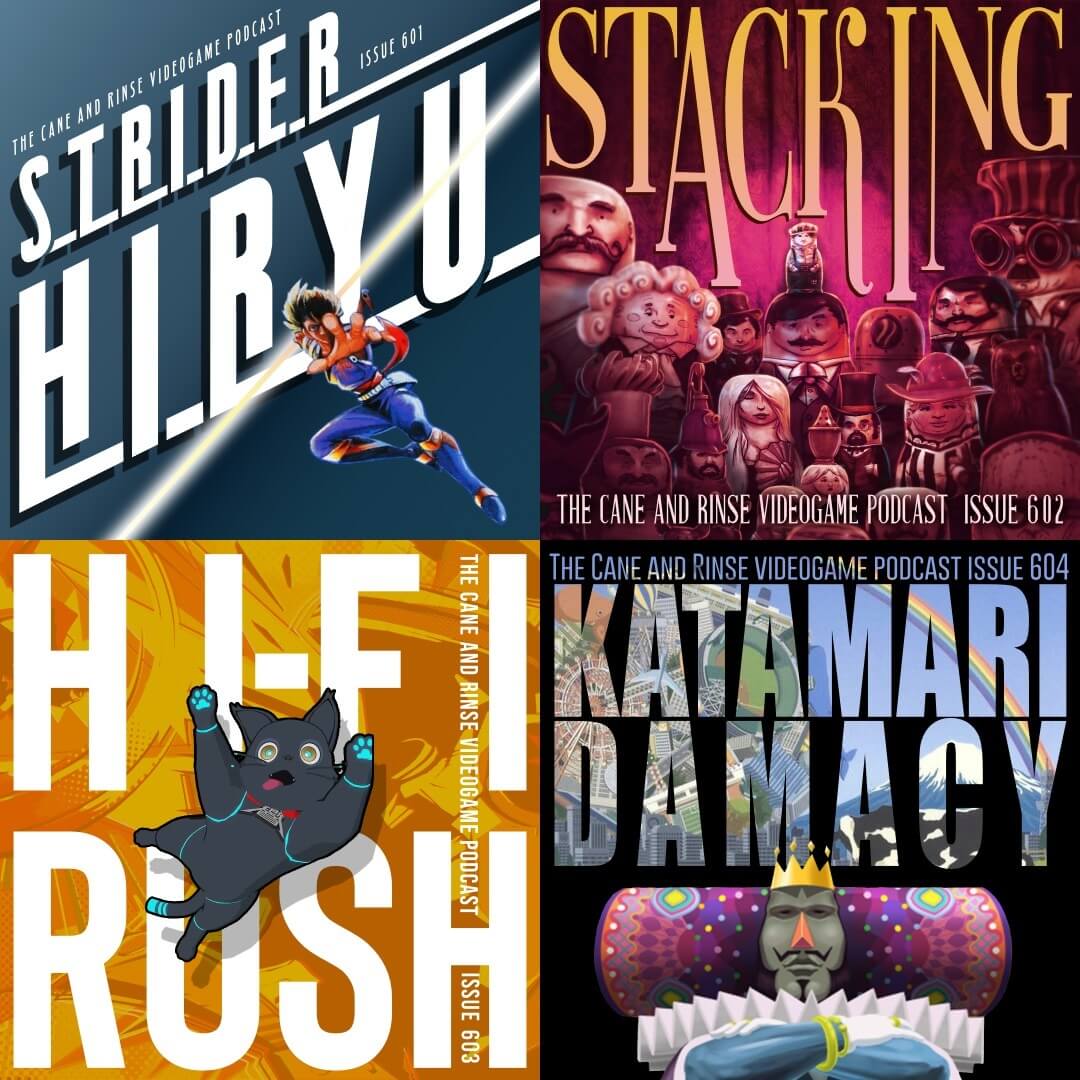
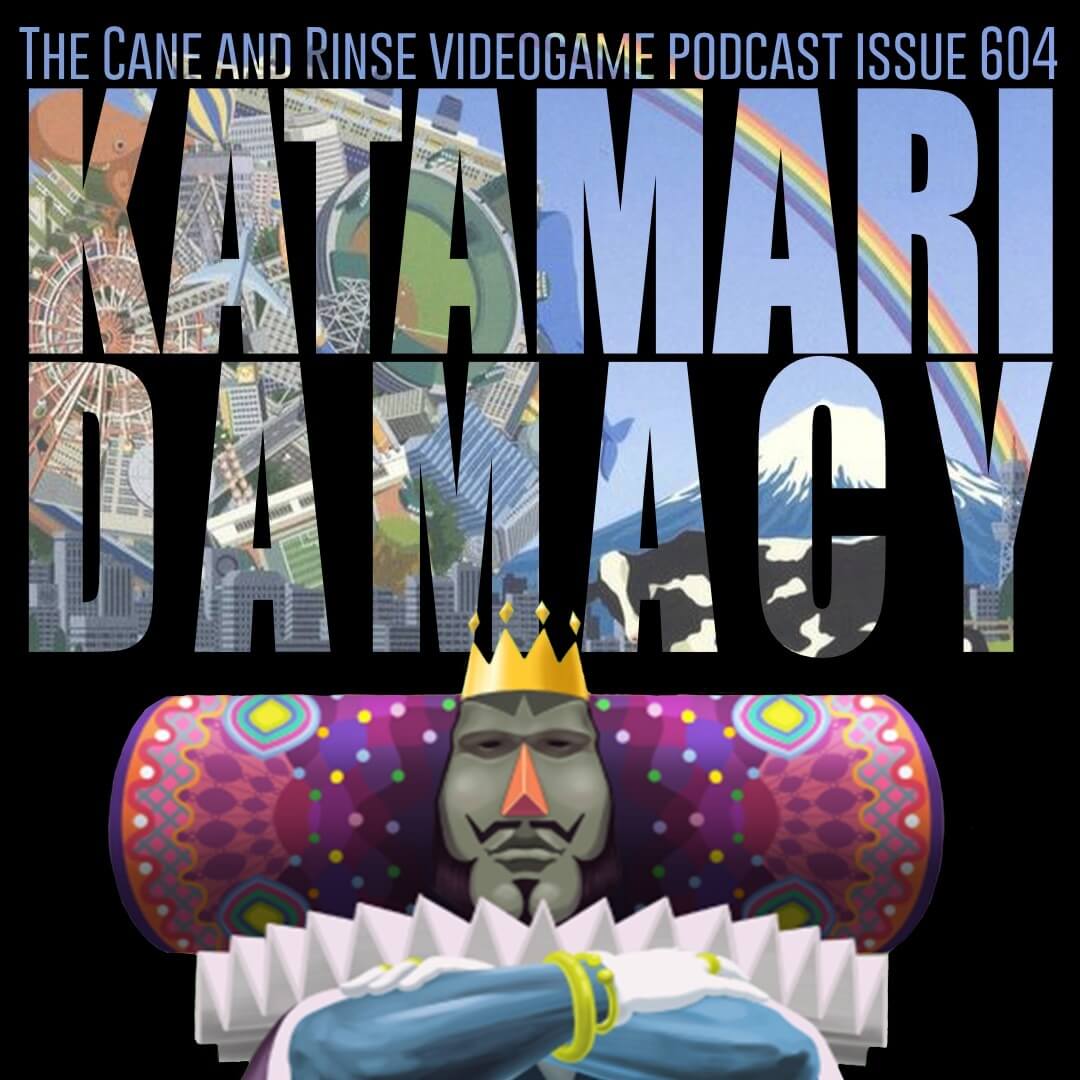


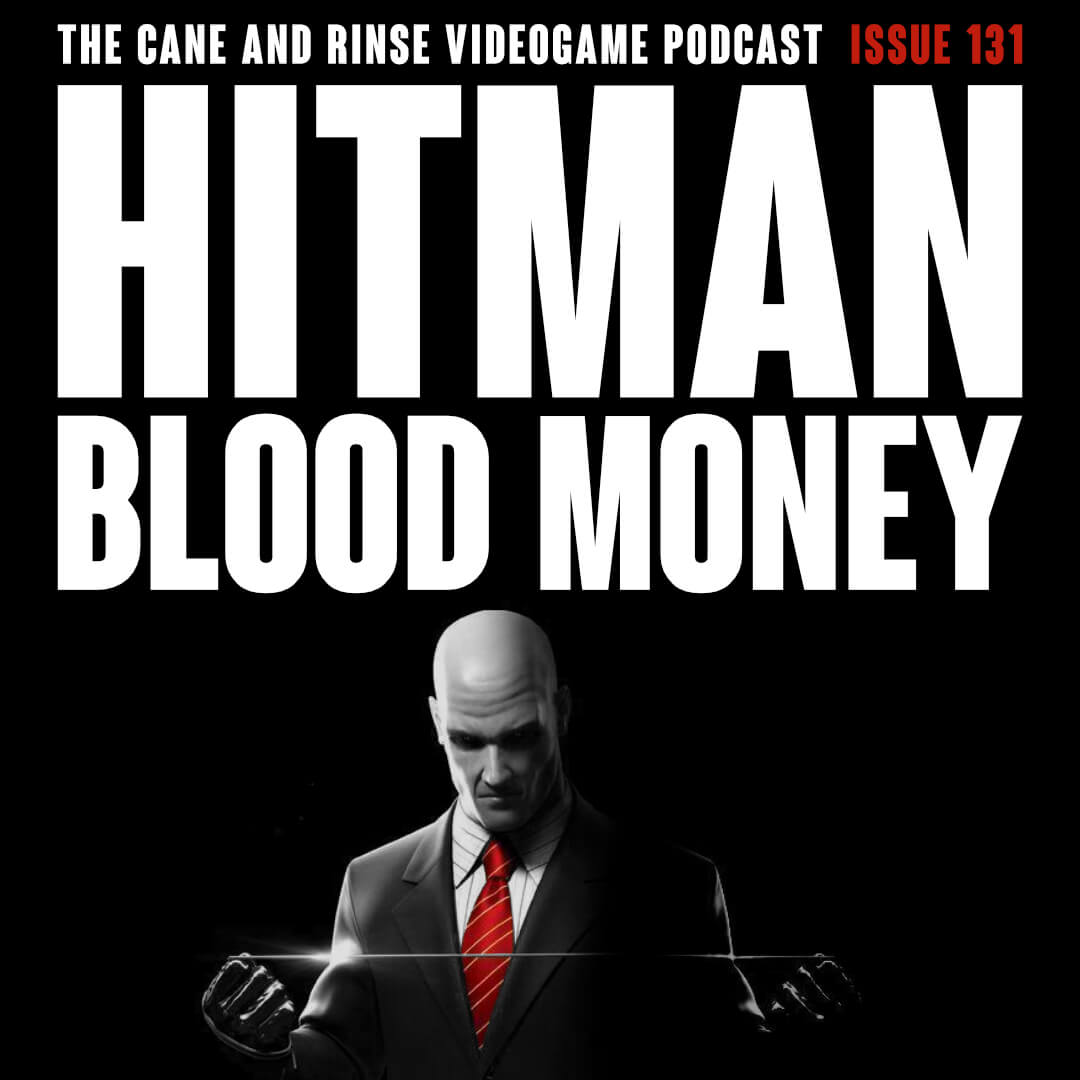
Can’t agree more!